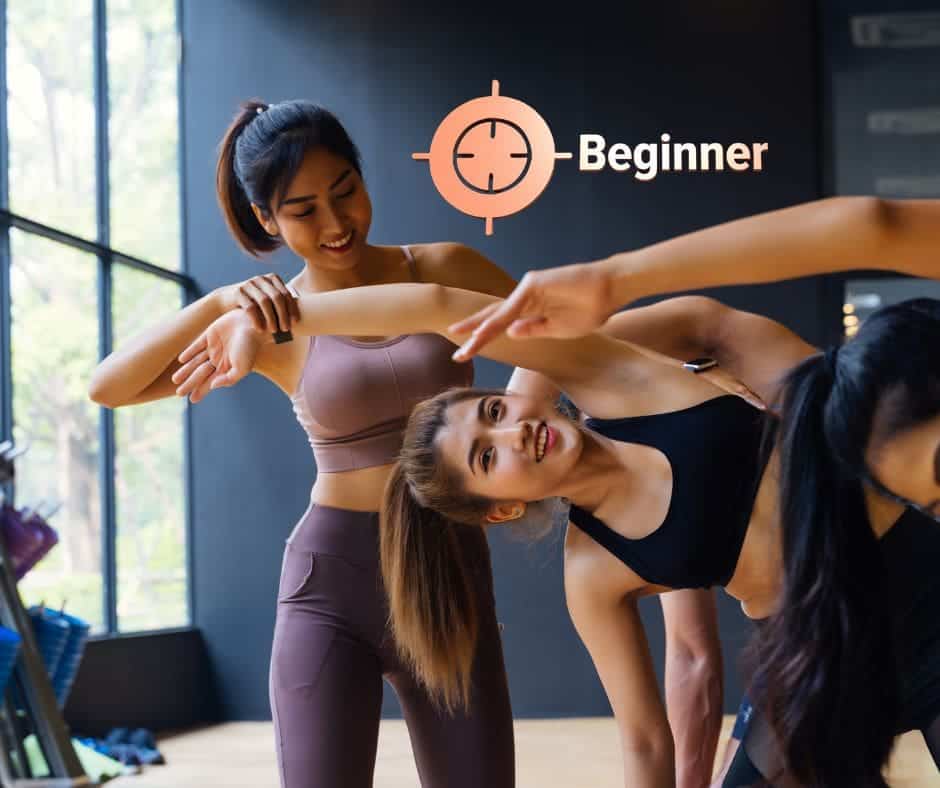Yoga is not just an exercise; it’s a holistic discipline that nurtures the body, mind, and spirit. Whether you’re drawn to its physical benefits or the mental tranquility it offers, starting a yoga practice can be life-changing. This guide will help you understand how to start, how to progress effectively, and what benefits to expect—including the importance of practicing yoga correctly and finding the right instructor.
Starting Your Practice: Yoga for Beginners
Choosing the Right Style: There are many styles of yoga, each with unique benefits and techniques. Beginners often find Hatha Yoga appealing because it focuses on basic poses at a comfortable pace, which helps in building foundational strength and flexibility. For a more dynamic experience, Vinyasa Yoga synchronizes breath with movement, offering a flowing and invigorating practice. Trying different classes will help you discover which style resonates best with your personal needs.
Essential Gear: The primary tool for any yogi is a yoga mat. Look for one that provides stability and cushioning to support your joints. Comfortable, flexible clothing is also important, as it allows you to move freely and focus on your practice rather than your outfit.
Setting Up Your Space: Create a calming environment, whether you’re practicing at a studio or at home. A clean, quiet space with minimal distractions will enhance your concentration and overall yoga experience.
The Importance of Proper Technique and Instruction
Finding the Right Instructor: A knowledgeable and supportive instructor can make a significant difference in your yoga journey. An instructor that you resonate with will not only correct your posture and technique but also inspire and motivate you to deepen your practice. They ensure you perform each pose correctly, reducing the risk of injury and helping you gain the full benefits of yoga.
Practicing Yoga Correctly: Learning and adhering to the correct form in yoga is crucial. Proper technique helps prevent injuries and ensures you are effectively working the right muscle groups. This maximizes the physical and mental health benefits of yoga, such as improved flexibility, strength, and reduced stress levels.
Progressing in Your Practice
Consistency is Key: Regular practice is essential to make progress in yoga. Aim to practice several times a week to establish a routine that integrates yoga into your life, deepening the personal and holistic benefits over time.
Listen to Your Body: Yoga teaches us to tune in to our bodies and respect their limits. Advance at your own pace, focusing on mastering the alignment and breath in each pose. This approach encourages a safer and more effective practice.
Incorporate Variety: Keep your practice engaging by exploring new poses and styles. This not only keeps your sessions interesting but also challenges different muscle groups and enhances your overall flexibility and strength.
What to Expect
Physical and Mental Benefits: Most beginners notice improvements in flexibility, strength, and posture within a few weeks. Mental benefits, such as increased clarity and decreased stress, can also become evident quickly, enhancing your overall well-being.
Long-term Improvements: With consistent practice, the benefits of yoga include better cardiovascular health, enhanced respiratory function, and a stronger immune system. These benefits typically become noticeable within a few months.
Lifestyle Harmony: The discipline of yoga can positively impact other areas of life, leading to healthier eating habits, better sleep, and improved relationships. These changes often start to manifest within a few months of regular practice.
Embarking on your yoga journey can be one of the most rewarding decisions of your life. Remember, the path of yoga is personal and unique to each practitioner. Stay connected with us through #howlermag and #howlermagazine for more insights. Here’s to a healthier, happier you. Namaste!







